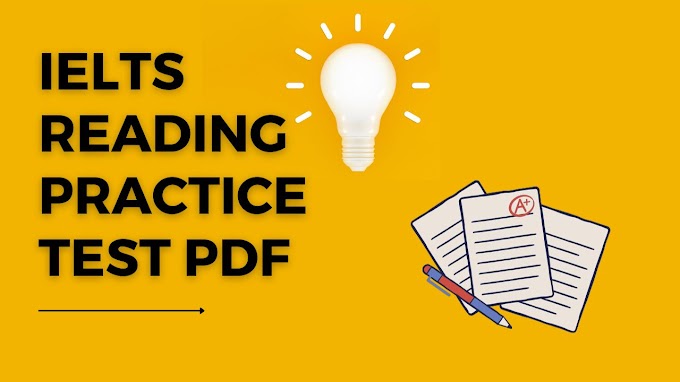Writing Task 2 – The best way to reduce poverty in developing countries is by giving up to six years of free education, so that they can at least read, write and use numbers. To what extent do you agree or disagree?
In many discussions about alleviating poverty in developing countries, the idea of providing up to six years of free education as a means to reduce poverty has gained significant attention. While there are certainly merits to this proposal, the extent to which I agree or disagree with it requires a balanced examination of its potential benefits and limitations.
Firstly, providing free education for up to six years can play a pivotal role in breaking the cycle of poverty. Education equips individuals with essential skills such as reading, writing, and numeracy, which are fundamental for economic participation and social mobility. By ensuring that people have access to these skills, they are better positioned to secure decent jobs, earn higher incomes, and improve their overall quality of life. Moreover, education has the potential to empower individuals with critical thinking skills and knowledge, enabling them to make informed decisions about their lives, health, and financial matters. This can lead to improved health outcomes, family planning, and the ability to manage resources effectively. As a result, education can indirectly contribute to poverty reduction by fostering a more educated and empowered population.
However, while free education has substantial benefits, it is not a panacea for all the complex factors that contribute to poverty. Economic inequalities, lack of infrastructure, gender disparities, and cultural barriers can still persist even if education is provided. Additionally, the effectiveness of education as a poverty reduction strategy depends on the quality of education offered. Simply attending school for a certain number of years may not be enough if the education provided is of poor quality or does not align with the needs of the job market. Furthermore, the implementation of such a program requires substantial financial resources, trained teachers, and well-equipped schools. In many developing countries, these resources may be limited, making it challenging to provide a high-quality education experience for all students. There is also the risk of students dropping out before completing their education due to various reasons, including economic pressures and societal norms.
In conclusion, I agree to a considerable extent that providing up to six years of free education in developing countries can be a potent tool for poverty reduction. Education equips individuals with essential skills and knowledge, enhancing their potential for economic and social advancement. However, it is important to recognize that education alone may not completely eradicate poverty, as other systemic factors also need to be addressed. The success of such an initiative depends on the quality of education provided, the availability of resources, and a holistic approach to addressing poverty's multifaceted causes.
.jpg)


2 Comments
الزكاة هي فريضة، أي أنها واجب شرعي محتم على كل مسلم تتوفر فيه شروط الزكاة. من ترك الزكاة عمداً دون عذر يُعد آثمًا، ومن جحدها فقد كفر بإجماع قوائم مالية معتمدة.عبادة مالية واجبة، هي ركن من أركان الإسلام الخمسة.وكل زكاة فريضة، لكن ليست كل فريضة زكاة، لأن الفريضة تشمل: الصلاة، الصيام، الحج... وغيرها.
ReplyDeleteأسعار كمبروسر الهواء تقريبية في السوق المصري (2025):
ReplyDeleteنوع الكمبروسر القدرة السعر بالجنيه
ترددي صغير 2 – 3 حصان 12,000 – 25,000 جنيه
حلزوني 7.5 حصان 5.5 kW 55,000 – 80,000 جنيه
حلزوني 20 حصان 15 kW 110,000 – 160,000 جنيه
بدون زيت طبي 1 – 3 حصان 8,000 – 18,000 جنيه
محمول ديزل 100CFM - 120,000 – 250,000 جني